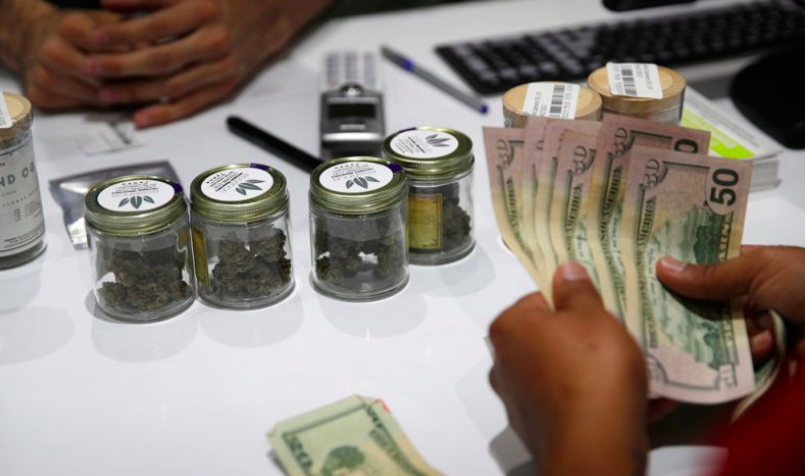New Jersey has set a date for legalization
Thor Benson / Cannabis News Box Contributor
After years of working to legalize cannabis in New Jersey, lawmakers have set a date for legalization. Cannabis will hopefully be legalized in New Jersey on October 29th. Making that date works all depends on if lawmakers can agree on some final details. One major issue, the tax rate for cannabis, is still being debated.
Lawmakers are debating tax rates as low as 10 percent and as high as 25 percent. A major reason the tax rate is so highly debated is some fear that setting it too high means the black market will stay competitive, but lawmakers also want to make sure the tax rate isn’t too low, because taxes from cannabis sales are meant to help fund many important programs.
“There are important philosophical differences around taxes and how they would impact the black market,” Scott Rudder, the president of the board of directors at the New Jersey CannaBusiness Association, told Cannabis News Box. Rudder said he thinks its unlikely lawmakers will meet their goal of finishing these debates by the end of October, but he does think things can be resolved by the end of the year.
“We want to keep the tax rate low, and part of the reason we want to keep the tax rate low is so the legal market remains competitive with the black market,” Rudder said. He said so far the rates being discussed are generally acceptable to the business community, as they reflect numbers seen in other states that have legalized around the country.
Another issue being discussed is social justice. New Jersey Gov. Phil Murphy has highlighted that the War on Drugs has disproportionately harmed communities of color, and he believes that a legalization law must address these harms and help those communities.
“People of color should have the opportunity to participate, not just having jobs [in the industry], but having equity in companies,” Rudder said. “Having senior roles in companies. All of those kinds of things can be agreed to.”
Murphy has often pointed to the criminal justice aspect of legalization when it comes to how these things affect people of color, and he has called for action.
“Most importantly this is social justice. We have the largest white/non-white gap of persons incarcerated in America. Low-end drug crimes are not the only reason, but it’s a big driving part of the reason. We aren’t inventing marijuana, it exists right now,” Murphy said recently.










